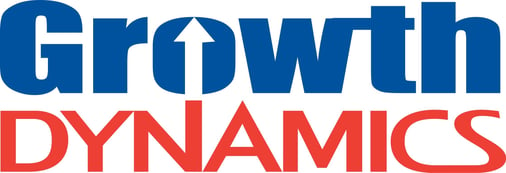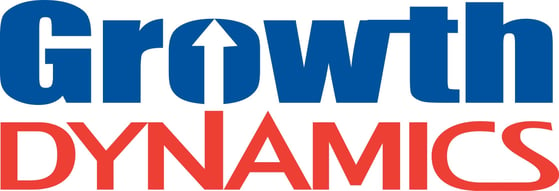Please enjoy this read from Dave Kurlan of OMG:
Most salespeople do not know the difference between their prospects' decision-making process compared with their decision-making criteria.
What's worse is that even more salespeople don't even bother asking about it. According to data from Objective Management Group (OMG) who has evaluated/assessed 1,842,620 salespeople, only 27% of all salespeople are strong qualifiers so it's likely that the majority are not asking.
If you do ask a prospect about their decision-making process, you might hear about the steps they will take. If you ask about criteria, you might hear about the topics they'll consider when they make their decision.
I'll take you through an example.
Let's say we were going to decide on the best car we have ever owned.
Our process would be to make a list of 5 cars we have owned and enjoyed. My personal best are my current car, a 2018 Lincoln Navigator, a 2001 Jaguar XJR, a 1999 BMW 7 series, a 2005 Lexus LS and a 2015 Lexus GX. So far, that's similar to short-listing the vendors a company will invite to make presentations. PROCESS.
Next, identify the criteria that's important to you. For my list, I chose look, comfort, features, handling, noise level, cargo space (my son's catcher's gear takes up a lot of space) and driving enjoyment. Note that the price I paid is not one of my criteria but I understand if it is one of yours. This is similar to identifying the questions that each vendor will be asked. CRITERIA.
Rate each car on a 1-5 scale for each of your criteria, with 5 being the best. PROCESS.
Next, calculate the average score for each of the 5 cars. PROCESS.
Finally, rank the cars by score. Your favorite car is the one with the highest overall score. Mine is my Lincoln Navigator. This represents how the decision will be made. CRITERIA.
Knowing a prospect's process and criteria for making a decision is only the first step. Why are they doing it that way? Do they need to do it that way? If they want to work with you, why are they complicating it so much? If there is urgency to get their problem solved, why are they taking so long? Does it all come down to the fact that none of the salespeople stood out? Nobody differentiated themselves? There wasn't a single salesperson who was head and shoulders above the rest? Everyone seemed and sounded so much alike that your product or service appeared as a commodity?
Shame on you!
Whenever they commoditize you, your company, your product, your service or your price, you are receiving instant feedback as to your how poorly you differentiated yourself. The only consistently effective way to differentiate is to take a consultative, value based approach, featuring listening and questioning skills.
Unfortunately, most salespeople are unable to identify compelling reasons to buy, create urgency, and get their prospects to "must have." Most salespeople fail to uncover anything more than business issues, which are never enough to differentiate.






